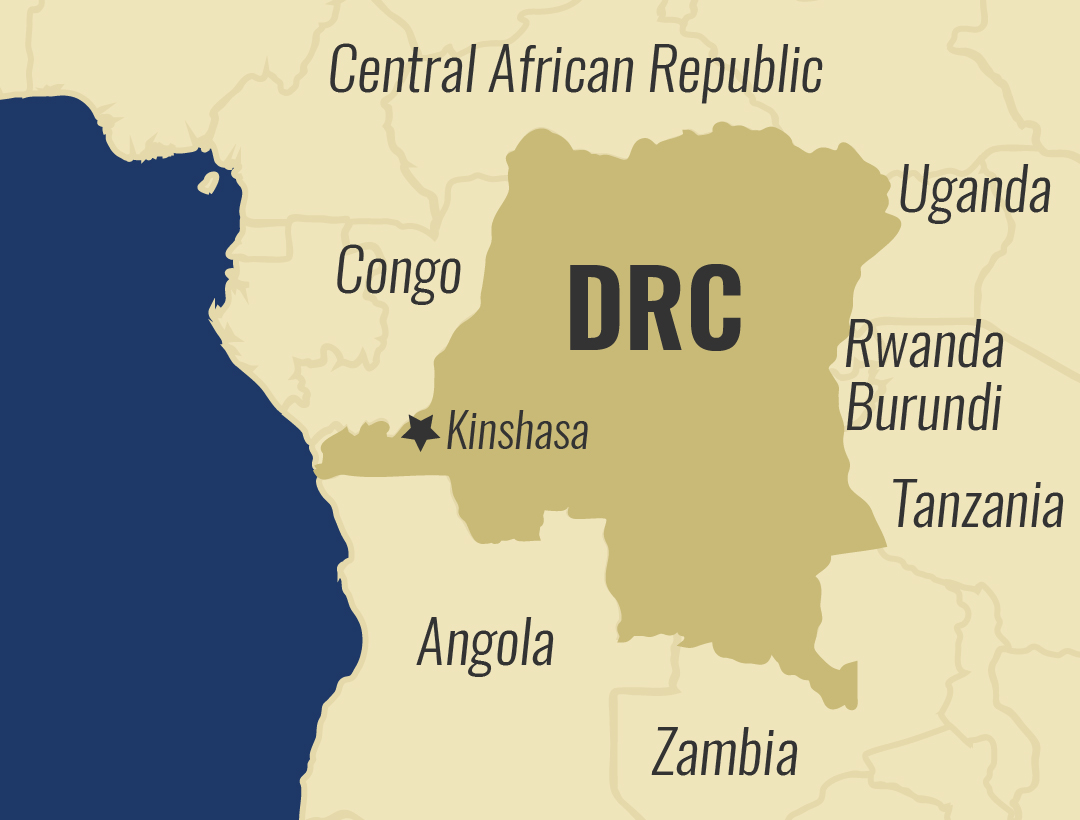Faces of Africa – The Defender of the Sacred Sites
In our quest for greater profits, we decimate the environment without a care of what the future will look like.
One woman has made her life’s mission to protect the environment and the sacred sites in her native Venda region. Mphatheleni Makaulule was brought up in the VhaVenda tribe of northern South Africa. She has a deep passion for the culture and traditions of her people, the Venda.

Known as “The Land of Myth and Legend”, Venda is home to a network of Sacred Natural Sites known as Ziwfho. From forests to springs and waterfalls, these sites have traditionally been protected and revered by custodian clans of the VhaVenda people. In recent years the onset of tourism and development projects, and the threat of coal mining in the region, pose a threat to these sites.
Mphatheleni is a brave lady she has stood up against big coal companies and hotel chains wanting to exploit the sacred sites and won. The sacred sites she fights so hard for, still hold so much meaning and history to her and her people.
Mphatheleni is working hard to rebuild traditional ways and connections between the elders and the youth, so that the youth can be able to get the knowledge that elders have accumulated over time. She has spent countless hours sitting with the elders, or ‘libraries of knowledge’ as she calls them, learning about social and ecological governance.
In 2009 Mphatheleni, with other traditional women leaders called ‘Makhadzis’ formed a group known as Dzomo la Mupo to protect a series of sacred sites in the Venda region which are under threat from development.

Dzomo la Mupo, meaning the voice of creation, is a group of 200 community members and sacred sites custodians who came together to stand up against threat to their sacred sites and to protect their culture.
In Venda culture elderly women are the protectors of the scared sites; these women elders are known as Makhadzi. Makhadzi is the one who makes sure that there is order in the family, order in the clan, and order in the community. And through her knowledge, which continues to develop within her, and which is brought to her by the ancestors, she becomes a guide. She is the one who is there to be the mediator for the whole clan and the whole community.
Mphatheleni is well travelled, she has traversed the globe gathering knowledge and advocating for the conservation of nature.

On one of her trips to the Amazon, Mphatheleni was introduced to the ecological calendar; this is an environmental chart of the seasonal natural cycles of the year. She now uses it to generate inter-generational learning. Eco-cultural maps are created by the community through a simple process using paper and cultured pens. The elders and those who hold the most traditional knowledge within the community, take a leading role in the process and everyone gets involved as a series of ‘maps’ are drawn. The first reflects the past, the customary laws and ecological integrity of the landscape. The second, the map of the present, draws out the transformations and changes suffered by the landscape and the people. The final map, of the future, is where the communities envision how they can ensure a resilient, bio-diverse and culturally vibrant future. Eco-cultural calendars compliment the maps. These are cyclical charts showing the cosmos, the climate, the breeding cycles of animals and fish, fruiting trees and shrubs, the time for planting or harvest, and the rituals for the different seasons.

The important character of these “talking tools” – as they have come to be known – is that the communities continue to use them to deepen their own research into their culture which has been eroded through the colonial and post-colonial processes. They are tools that enable communities to revive ancestral knowledge and practices, analyze the challenges of the present, and develop a common vision of how to rebuild their future now.

For as long as Mphatheleni has breath in her, she will continue to fight for the sacred sites, she will always be known as the protector of the sacred sites.





